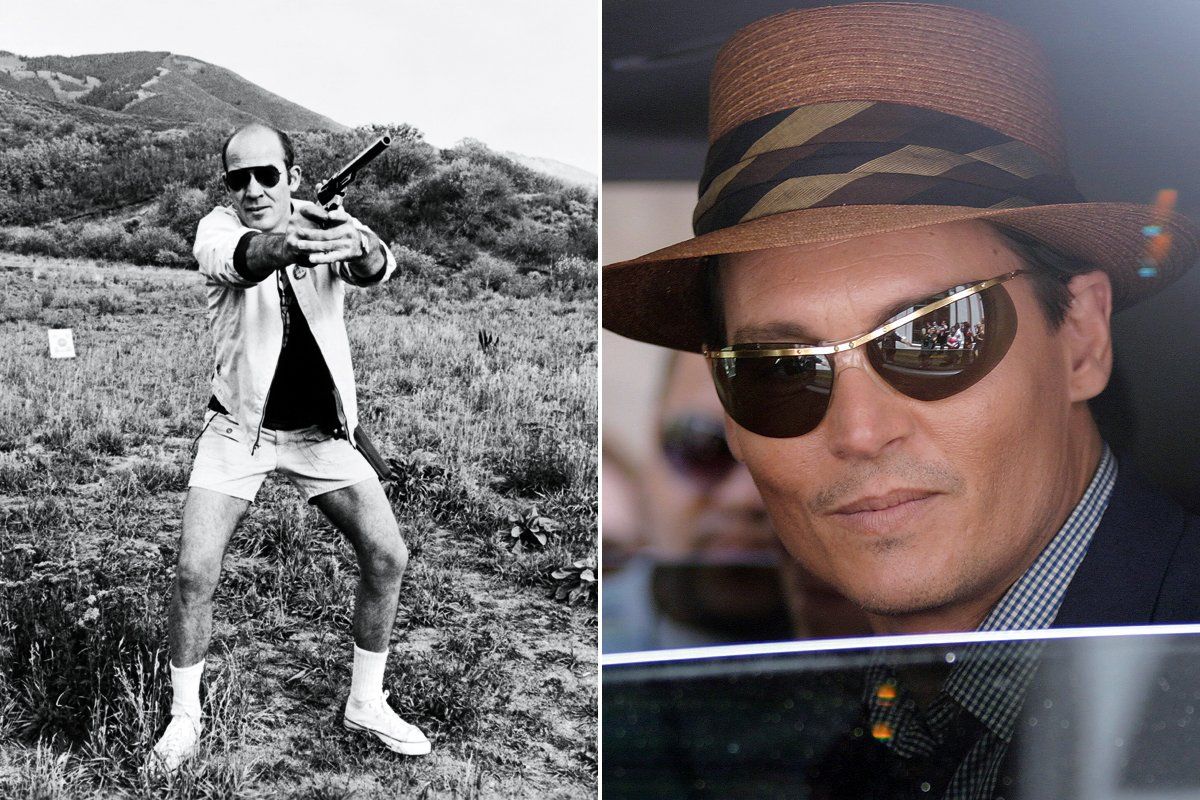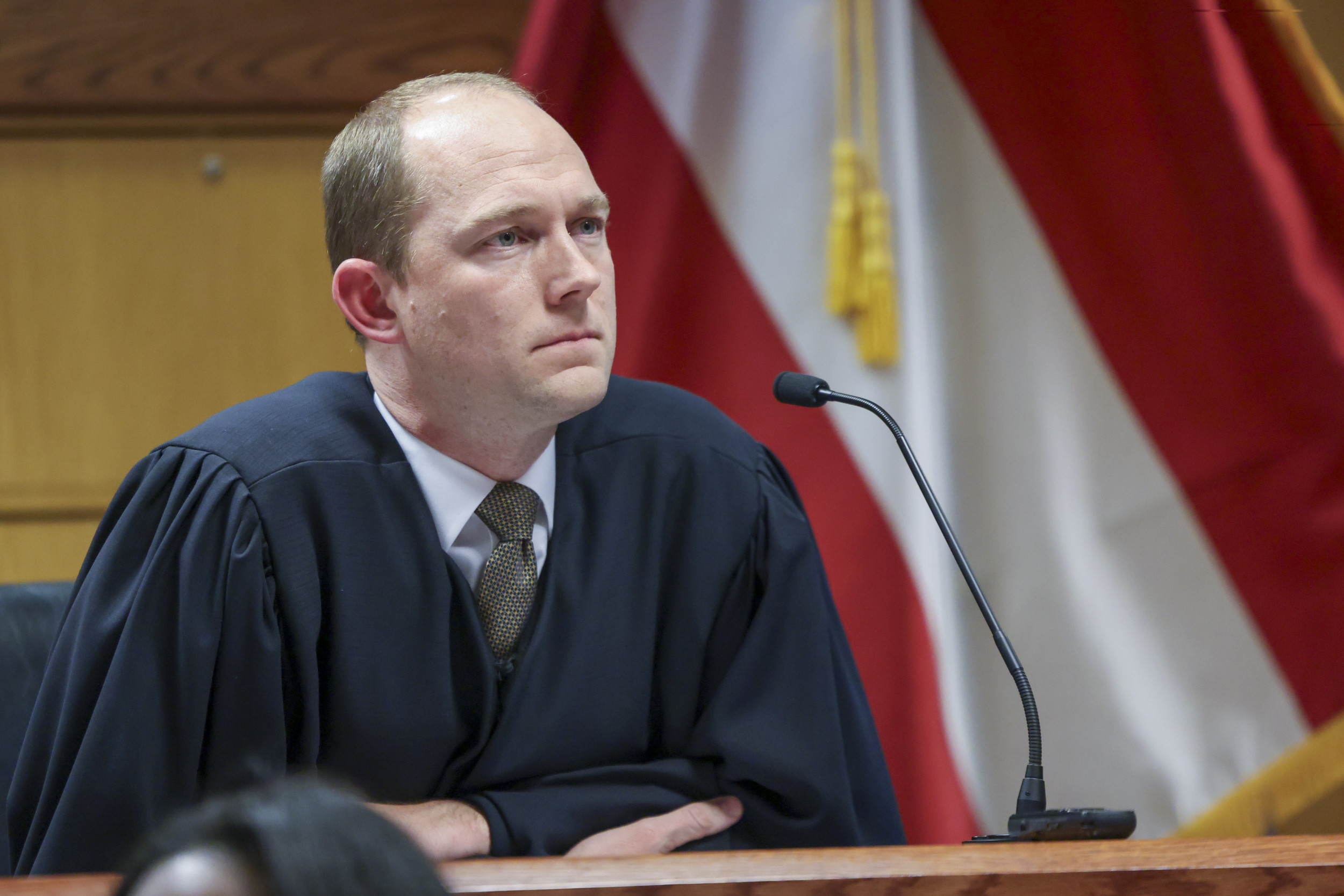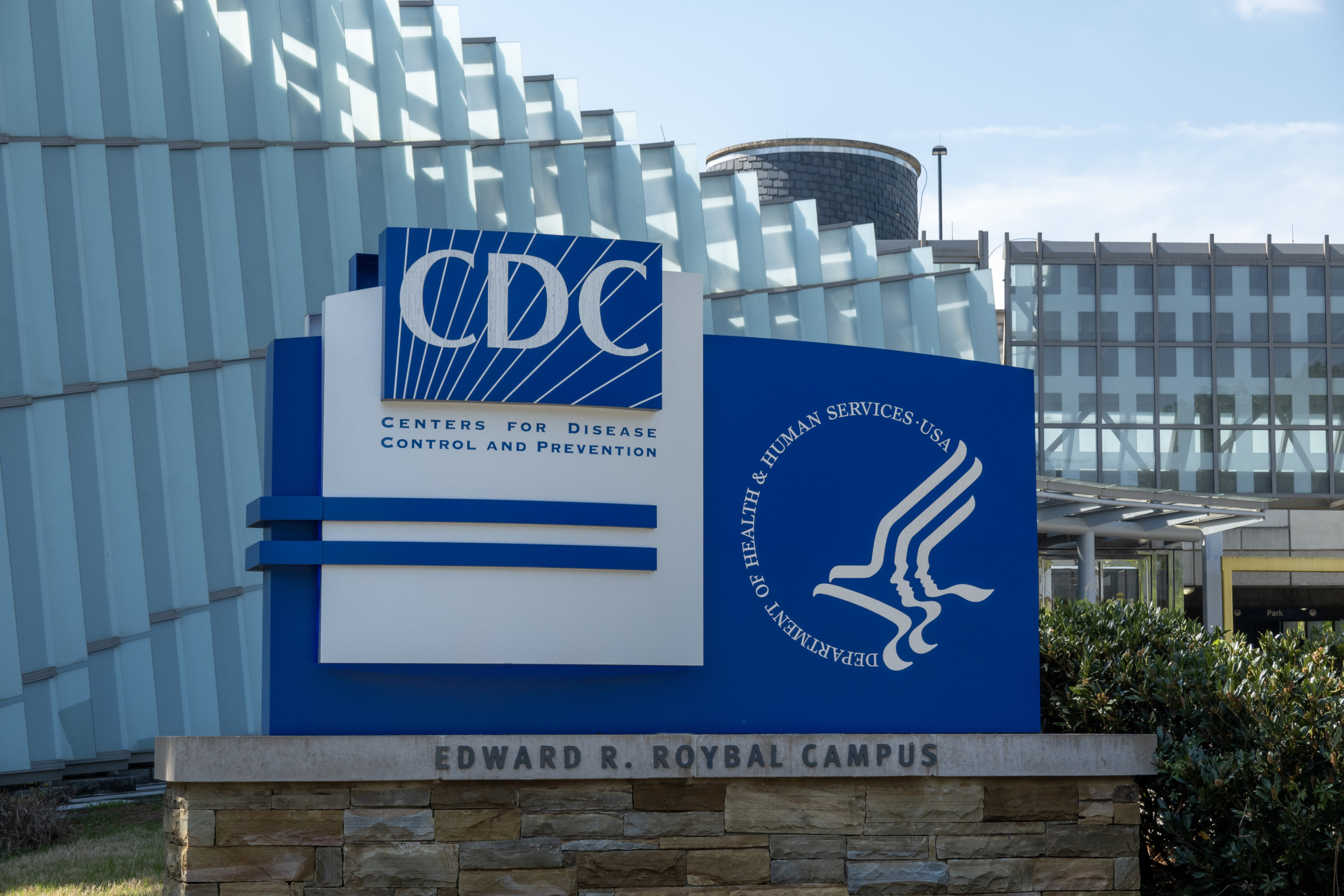
My first encounter with Hunter S. Thompson was when I was invited to the Woody Creek Tavern in Colorado in December 1994. Someone said, "Why don't you come down, and you and Hunter will have a drink." So I went down to Woody Creek Tavern, and I'm sitting way in the back of the place against the wall, looking at the front door about 50 yards away. Suddenly I see the door spring open, and I see sparks! I realized there was a large-ish, three-foot cattle prod and a Taser gun, and the sea began to part—people were leaping and hurling themselves out of the path of the mayhem that was approaching—and I heard the voice first say, "Out of my way, you bastards!" He was using them as "just-in-case weapons," but it was a very economical way for him to clear the path. He made the Red Sea part, arrived at my table, and said, "How are you? My name is Hunter."
It was from that very second, when he sat down, that I recognized before me the very definition of a Southern gentleman. We connected on the level of both being from Kentucky, both having checkered pasts in our youth, and a great love of literature.
He invited me back to his house that night at about 2 or 2:30 in the morning, and I noticed this beautiful nickel-plated 12-gauge shotgun on his wall. I was raised around weapons all my life, being from Kentucky, so I said, "Wow, that's a really good-looking 12-gauge." And he said, "Would you like to fire it?" And I said, "Yeah, sure, I'll fire it." And he said, "Shit, man, we must build a bomb!" So we built this bomb out of propane tanks and nitroglycerin, took it out in his backyard, and he gave me first crack. I fired upon it from about 30 or 40 yards away, and I hit it square on, and the thing went into a monumental, amazing fireball about 80 feet in the air. I feel like that was my test, my rite of passage. From then on we were either inseparable or on the phone a lot.
You'd get a phone call at 3 a.m., and he used to call me "Colonel Depp," because he made me a Kentucky colonel, and he'd say, "Colonel, what do you know of black-hairy-tongue disease?" And I was like, "What? I don't know!" He'd say, "Well, I'm going to send you all the information about this, man. We must be aware of this thing." He was deeply concerned that the disease would infiltrate our ranks.
Or you'd get a call in the middle of the night saying, "When can you meet me in Cuba? I need you in Havana, man, I'm going to do a piece down there and we're going to go as Rolling Stonecorrespondents." When Hunter made a request like that, you made it happen. Hunter wanted to interview Castro, but we never got through to him, so the story turned into our adventures down there. He referred to me as "Ray, my bodyguard." It was wonderful—just me and Hunter prowling around Havana, going to these various restaurants or homes that you're not supposed to go and eat at, but you're invited. It was totally ludicrous and surreal.
If I have a favorite period with Hunter, it would most definitely be when I was living with him in his basement in the spring of '97 in this one room across from the "war room" that he called "Johnny's room." We were like a couple of roommates. I went onto Hunter's hours. We'd go to sleep about 9 or 10 in the morning and be up for breakfast at about 7 p.m. He took care of me. He made sure that I ate. The things people know and believe about Hunter—his savage approach to life and this irreverent, beautiful, poetic demeanor—is all true. But when I was with him at his house, just sitting in his kitchen bullshitting and watching sports, he was a very gentle guy. Hyper, hypersensitive, hence the self-medication.
I was of the mind where I knew the wrong thing to do was to try to keep up with Hunter in any capacity. There was one time when I wanted to do some hallucinogens with him, and it was lysergic acid [diethylamide] 25, and he actually stopped me. He just said, "Look, man, it's very powerful, and it's a two-day commitment. Are you ready for that?" I said, "I'm not so sure. Maybe, maybe not." And he said, "I suggest that you wait." He was very cautious about things like that. Whatever his intake was, was his intake, but if you were prepared to go that extra mile, he would stop you just to make sure.
He knew I worshiped him, and I know that he loved me, so he may have been part father figure, part mentor, but I'd say the closest thing is brothers. We were like brothers.
The Hunter circa 1971 and 1972, i.e., the Fear and Loathing era, that's the Hunter where the hair went away and the voice was there in full force. The Hunter from 1959 and 1960 was this long, lean, athletic, handsome man, who used to type The Great Gatsby over and over to see what it felt like to write a masterpiece. He was a kid searching for his voice and looking for the outlet for that rage, anger, and passion. In terms of how Iapproached The Rum Diaryas an actor, Raoul Duke [from Fear and Loathing in Las Vegas] is the fully realized Hunter Thompson, and this character, Paul Kemp, is the Hunter teetering on locating that voice, pre-Gonzo.

Even though there was great shock when he died at 67, it really wasn't a shock. More than anything, it was a devastating blow, like, "Oh, my God, I'll never get those calls anymore or hear that fucker's voice. The 'Too-Much-Fun Club' will be dispersed." That's what Hunter used to say. He'd call me up and say, "Colonel, it's time the 'Too-Much-Fun Club' gets together."
He'd drawn the funeral out to a degree that he'd almost picked the exact spot. I almost think Hunter left the cannon as a kind of pain medication. It allowed us all to go, "Yeah, we're mourning Hunter, but we've got to put that on hold for a second because, Jesus Christ, we've got to build this 150-foot cannon to shoot him into the stratosphere." I think Hunter knew that I was the only one dumb enough to take it on. I didn't light it, but it was a beautiful and surreal ballet of lights and explosions. It was perfection. Imagine: Hunter Thompson ends his life as a combination of ashes and gunpowder in a giant bullet. It was pretty symmetrical!
I feel him every single day. Literally, from the time I wake up and have coffee to when I plop my head down on the pillow, I'm haunted by him. And I'm ecstatic for it. I was very fortunate back then to know that whatever was going on, whatever was happening with us, whatever we were doing, I knew it was really special, and I knew that was never going to happen again. I'm very lucky.
As told to Marlow Stern.
Uncommon Knowledge
Newsweek is committed to challenging conventional wisdom and finding connections in the search for common ground.
Newsweek is committed to challenging conventional wisdom and finding connections in the search for common ground.





